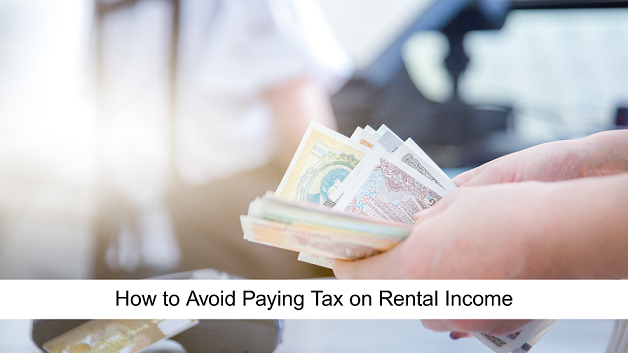
Earning rental income from a property is the best way to improve your finances. However, many landlords quickly realise that a portion of their earned money goes towards paying tax.
Understanding how to avoid paying tax on rental income legally and effectively is essential for anyone looking to maximise their rental profits.
The legal way to avoid paying tax on rental income is by using HMRC-approved allowances and reliefs, such as claiming all allowable expenses, using the Rent a Room Scheme (if applicable), and transferring ownership to a spouse in a lower tax band.
There are several legal, HMRC-approved methods landlords can use to minimise or even eliminate their tax bill.
If your gross rental income is under £1,000 per tax year, it’s completely tax-free, and you don’t need to report it to HMRC. If your income exceeds £1,000, you can still deduct this allowance instead of claiming actual expenses, but not both.
You can deduct a wide range of legitimate expenses to reduce taxable profit. Common allowable expenses include:
If you rent a furnished room in your own home, you can earn up to £7,500 per year tax-free under this rent room scheme. If income exceeds this or you're letting jointly, you'll need to split the allowance (£3,750 each). Ideal for live-in landlords, student lets, or short-term lodgers.
If you and your spouse co-own the property, consider adjusting the ownership split. Giving a higher share to a basic rate taxpayer can reduce your overall tax burden.
If you let furnished holiday lets (FHLs) or offer furniture/appliances in your rental, you might claim capital allowances on:
If your expenses exceed rental income in a year, it creates a rental loss. You can carry this forward to reduce tax on future profits. Must declare losses on your Self Assessment tax return.
While it’s not possible to avoid UK rental income tax, smart use of available allowances, reliefs, property ownership structures, and timing can dramatically reduce your tax bill. When considering how to avoid paying tax on rental income, always ensure strategies are legal and compliant with HMRC rules; what you save in tax could quickly be lost in penalties if you step over the line.
PHS Associates specialises in property and corporate tax for landlords. Specialising in UK property and corporate tax, our expert team provides advice to minimise your tax liabilities legally.
Contact us at 0208 8611685 or email info@phs-uk.co.uk. We understand the latest HMRC rules and can guide you on the best strategies, such as owning property through a limited company, maximising allowable expenses, and taking advantage of available tax reliefs.